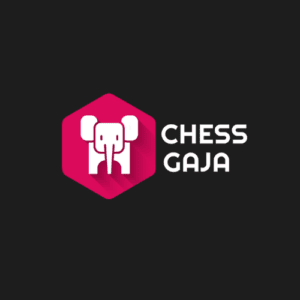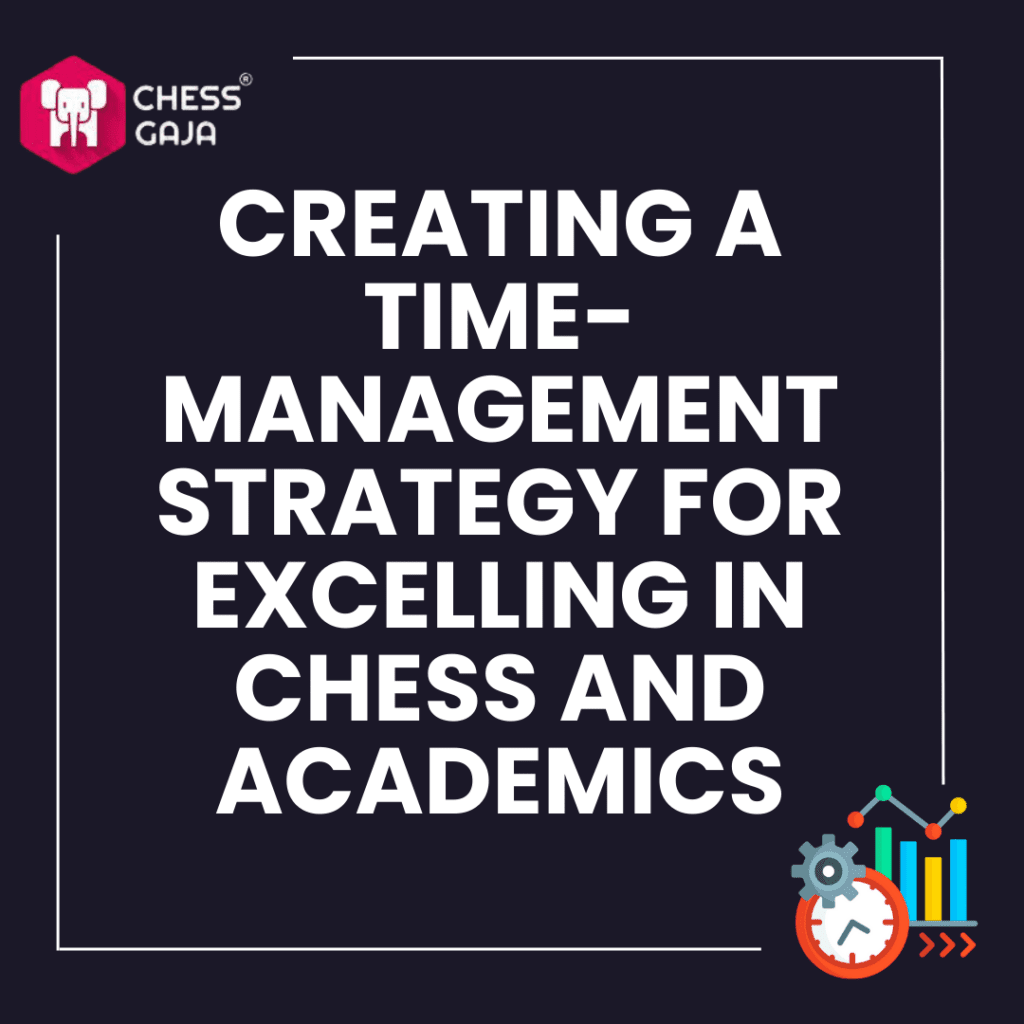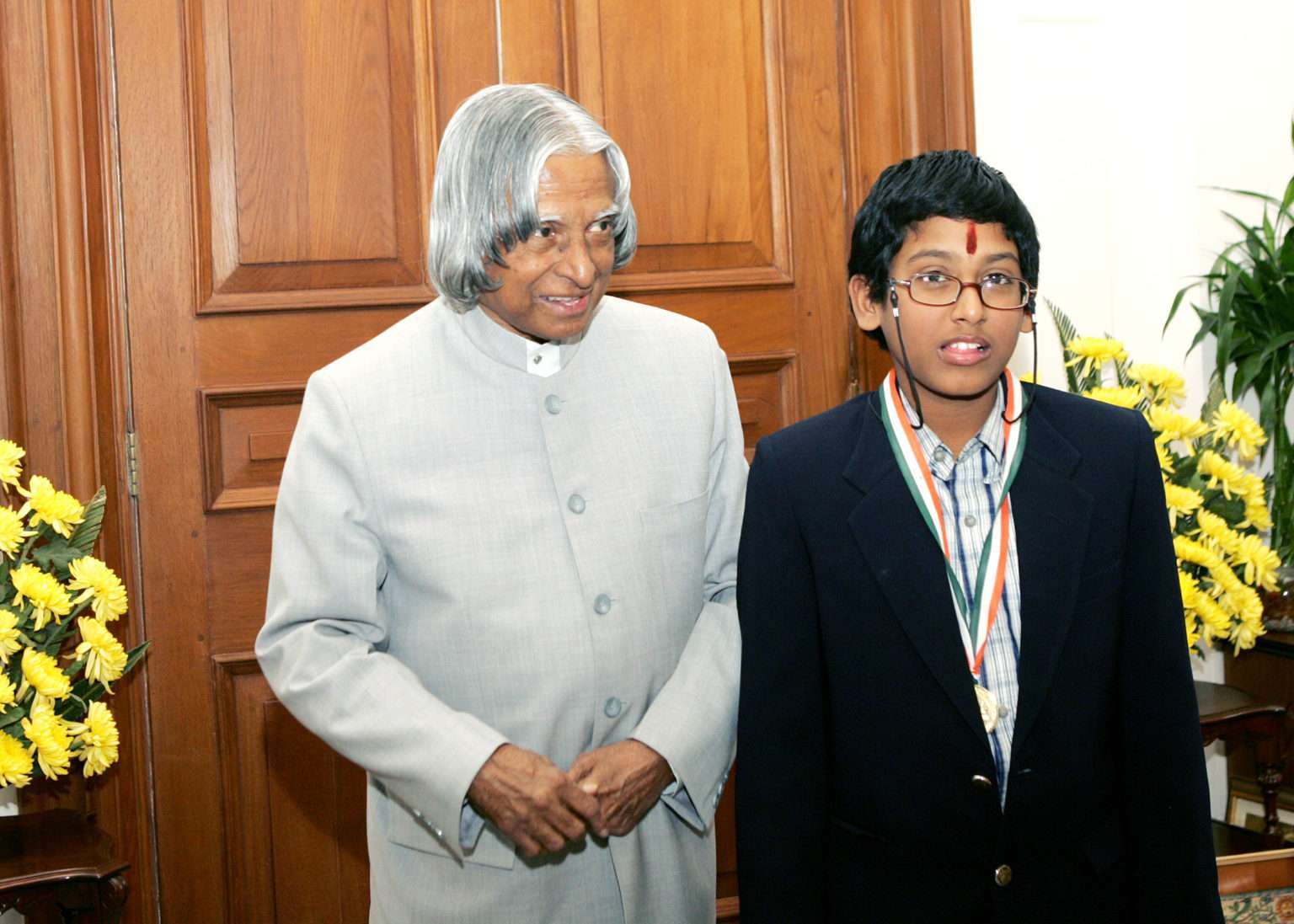Welcome to the world of chess! If you’re already familiar with the game, you understand the determination and focus it takes to become a skilled player. But what if you also have academic responsibilities to balance? Juggling chess and academics can be challenging, but with the right time-management strategy, you can excel in both areas.
When we talk about academics, there are two situations that we need to talk about: 1)Managing studies when you are in school 2)Managing studies and chess when you are in college.
In this article, I will share some tips and techniques that I did when I pursued my Undergraduate o help you efficiently manage your time and achieve success both on the chessboard and in your studies.
Prioritize and Set Goals
One of the first steps in creating an effective time-management strategy is to identify your priorities and set clear goals for yourself. Determine what matters most to you – is it achieving a certain chess rating, excelling in a particular academic subject, or perhaps maintaining a balance between both areas?
Once you have identified your priorities, break them down into specific, achievable goals. For chess, this might involve improving your openings, studying tactics, or analyzing games. Academically, you might set goals for completing assignments, studying for tests, or working on long-term projects. Write down your goals to make them more tangible and hold yourself accountable.
Create a Schedule
Now that you have your goals in mind, it’s time to create a schedule that allows you to dedicate time to both chess and academics. Start by assessing your current commitments – classes, extracurricular activities, work, and any other obligations. Block off these time slots on your schedule to ensure you have dedicated time for them.
Next, identify the periods in your schedule that are not already allocated to commitments. These are the windows of opportunity where you can focus on chess and academics. Divide your available time into manageable chunks and assign specific tasks or activities to each block. For example, you might decide to spend two hours studying chess openings after school, followed by an hour of completing your math homework.
Establish a Routine
Consistency is key when it comes to managing your time effectively. Establishing a routine can help you stay organized and ensure you consistently allocate time to both chess and academics. This might mean setting aside a specific time each day or week for practicing chess and completing academic work.
Be realistic when creating your routine. Consider your energy levels and productivity patterns. Some people are more alert in the morning, while others are night owls. Plan your most challenging tasks or activities for when you are most focused and motivated.
Remember to also schedule breaks and downtime. Overworking yourself can lead to burnout and decreased performance. Allow time for relaxation and leisure activities to recharge your mind and maintain a healthy balance.
Eliminate Distractions
In today’s technology-driven world, distractions are plentiful. Social media, video games, and other online platforms can easily eat up your valuable time. To effectively manage your time, it’s essential to minimize distractions.
When it’s time to work on chess or academic tasks, turn off notifications on your devices or place them in another room. Install website blockers or time-management apps that limit your access to distracting websites during designated work periods. Create a dedicated workspace that is free from distractions and signals to your brain that it’s time to focus.
Find Synergies
While chess and academics may seem like separate pursuits, there can be synergies between the two that you can leverage to save time and enhance your learning experience.
For example, if you are studying a particular historical period in school, explore chess games played during that time and learn about the strategies and tactics of the players. This not only reinforces your academic knowledge but also improves your chess understanding.
Similarly, analytical thinking, problem-solving, and strategic planning skills developed through chess can have a positive impact on your academic performance. Apply these skills to your schoolwork, such as breaking down complex problems or organizing your thoughts for writing assignments.
Practice Discipline and Self-Control
Managing your time effectively requires discipline and self-control. It’s easy to get sidetracked or procrastinate when faced with challenging tasks or when immediate gratification is just a click away. However, developing discipline and self-control is crucial for success in both chess and academics.
When you find yourself tempted to deviate from your schedule or procrastinate, remind yourself of your goals and the long-term benefits of staying focused. Implement strategies such as the Pomodoro Technique, which involves breaking your work into intervals with short breaks in between, as a way to maintain focus and productivity.
Monitor and Adjust
As with any strategy, it’s essential to regularly monitor your progress and make adjustments as needed. Reflect on your time-management practices and identify what is working well and what needs improvement.
Keep track of how you spend your time and evaluate whether it aligns with your goals and priorities. If you find yourself consistently neglecting certain areas, reassess your schedule and make necessary modifications.
Remember that it’s normal to encounter obstacles and setbacks along the way. Don’t be too hard on yourself if you occasionally veer off course. Use these challenges as learning experiences and opportunities for growth.
Final Thoughts
Achieving excellence in both chess and academics is possible with a well-planned time-management strategy. By prioritizing, setting goals, creating a schedule, establishing a routine, eliminating distractions, finding synergies, practicing discipline, and regularly monitoring your progress, you can efficiently navigate the world of chess while excelling in your academic pursuits.
Remember, the key to success lies in balancing your dedication and passion for chess with your academic responsibilities. With determination, focus, and effective time management, you can make significant strides in both areas and achieve your goals.
So, get your chessboard ready, sharpen your mind, and embark on this exciting journey of balancing chess and academics!









